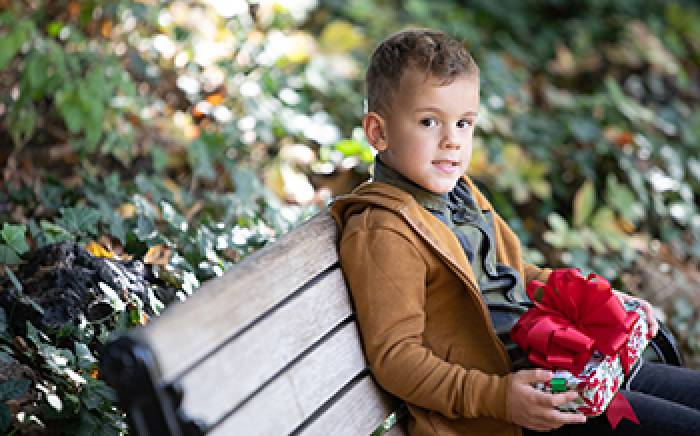Help kids learn how they can support people of all backgrounds.
Over the past few years, there has been a growing social movement to respond to racial injustice in America, and many kids are taking notice. Teaching kids to be tolerant and to celebrate diversity can help them form positive relationships with those different from them.
“In today’s world, kids live in a global environment, and they’re exposed to people of all races and ethnicities,” says Shobha Bhaskar, MD, FAAP, a Washington University pediatric hospitalist at St. Louis Children’s Hospital. “As they grow, they need to be prepared to challenge biases and stereotypes when interacting with people of all racial, ethnic and cultural groups.”
Dr. Bhaskar recommends talking with children about tolerance as early as possible, but it’s important to keep the topics understandable and appropriate.
“Let your child’s age and developmental stage guide the discussion,” she says. “If he’s in preschool, the discussions need to be simple and focused on basic values of right and wrong. Give him simple examples of being fair to children no matter their differences in looks, accents or skin color.”
As kids mature, they can begin to understand the hurtfulness of discrimination. Discuss the danger of stereotypes and encourage your child to stick up for those being unfairly treated. Similarly, parents should monitor their child’s internet usage and speak openly about the consequences of participating in groups that spread divisive messages.
Understanding Starts At Home
“It’s necessary for every parent to talk to their children about topics of race, tolerance, diversity and inclusion,” Dr. Bhaskar says. “Those discussions need to be honest, timely and relevant to day-to-day life, and parents need to be prepared to candidly answer any questions children may have.”
Equally important, Dr. Bhaskar says, is for parents to understand their own opinions and potential biases they may hold.
“Racism is not always as explicit as calling someone a slur or telling an offensive joke,” Dr. Bhaskar says. “Sometimes, people who consider themselves ‘not racist’ may still hold deep-seated beliefs that wrongly stereotype groups of people.”
Children are highly perceptive to the behaviors of family members, so leading by example is key.
“I cannot emphasize enough the role you have in your child’s development,” Dr. Bhaskar says. “Show children what it means to regularly engage in respectful interactions and authentic relationships with people different from you.”






